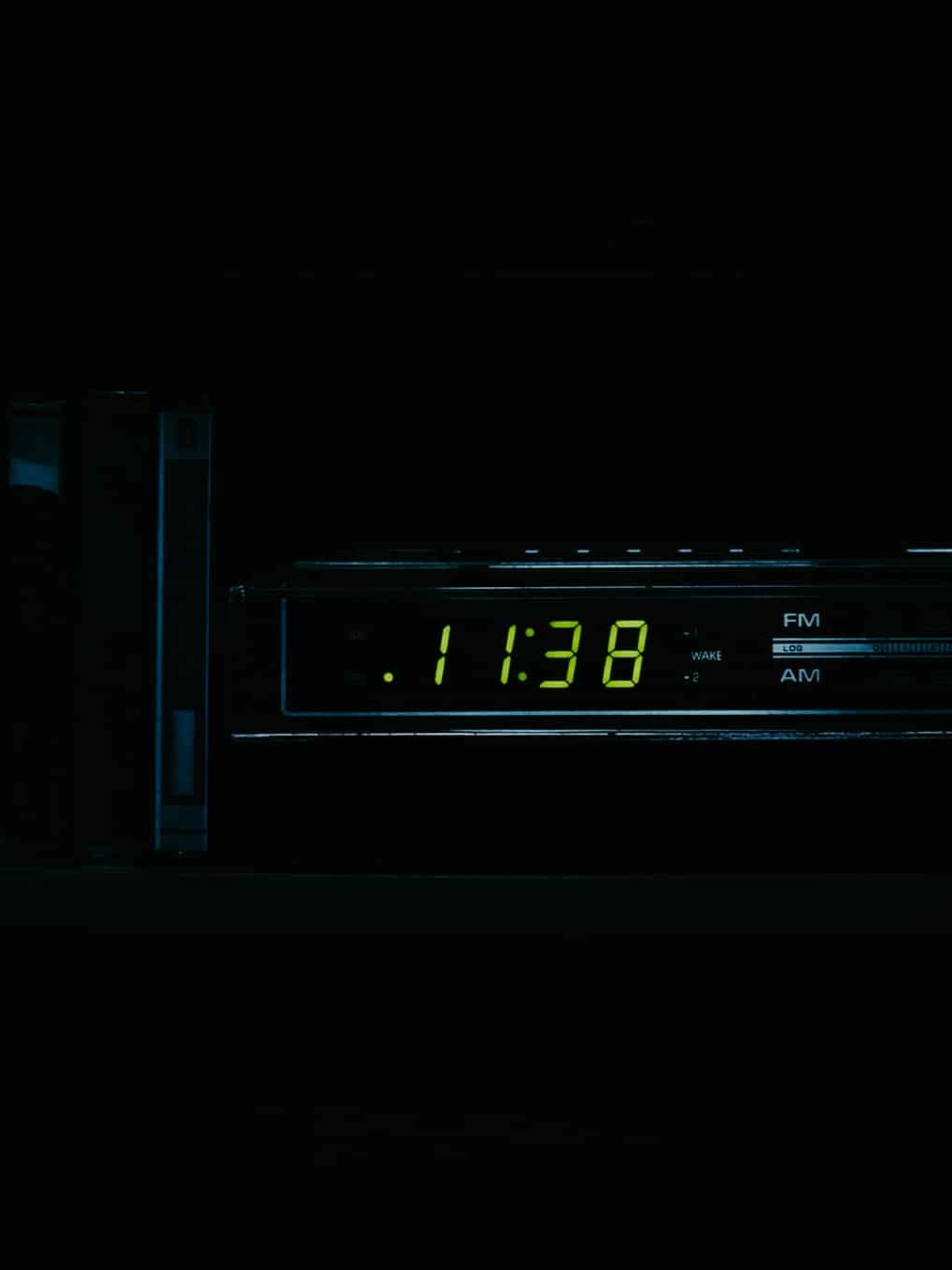Sometimes you need endurance in weird areas of life.
As someone who has dealt with a lot of physical pain resulting from hormonal issues, I’ve struggled with knowing how to respond in a way that glorifies God.
One day, I endured a very painful doctor’s appointment. I nearly passed out and ended up sobbing on my way home. That night we had Bible study at our church, and as I walked around chatting happily with people, I realized the stark reality of the privacy of my pain.
“How was your day?” I was asked.
“Good! I mainly had work, did some stuff around the house…” I said.
I couldn’t tell people in this public setting how my day had actually been. I looked around the room at the familiar faces. People who were like family to me. I would tell some of them later, in private, and ask for prayer. But right now, no one knew what I had gone through earlier that day—I was suffering alone.
Pain resulting from hormonal imbalances isn’t usually considered “valid pain”—the assumption is often that me, and people in my situation, are just being dramatic. We just need to suck it up and realize that the pain isn’t that bad. This pain isn’t visible to others, and seems vague and strange to someone who hasn’t experienced it.
This, combined with the taboo nature of hormonal issues, can make this kind of pain very isolating. Pain is hard to bear on its own—none of us love it. But when it is also private, it leads to an even deeper struggle.
And I struggled.
God, why?
Why must I walk this path of suffering alone? Why can other people, who are debilitated by broken legs, receive the help and support they need? While I, one debilitated by a hormonal condition, must pretend I’m fine?
As I’ve studied and sought God over the years, and wrestled with doubt about his goodness in the midst of suffering alone, I’ve been reminded that God invites me to trust him…even in physical suffering. And I’ve learned that whatever road he has given me to walk, he’s worthy of my trust.
In suffering alone, he’s invited me to trust in his goodness.
“Oh give thanks to the Lord, for He is good, for His steadfast love endures forever!” (Psalm 107:1, ESV)
Psalm 34:8, 1 John 4:8, 1 John 1:5, and Psalm 119:68 are just a few more examples of the vast swath of passages declaring the love and goodness of God.
It’s tempting to view God through the lens of my suffering instead of the other way around. The Bible assures me that God is good, so that ought to color how I see my suffering.
My suffering is held in the hand of a good God—someone who is all good, all benevolent. So then, there can be hope in my pain. It can be redeemed and have a purpose.
The goodness of God is our hope in suffering. It gives us the grace to endure, the grace to love others even while we’re hurting, and the glorious promise of future relief from suffering forever.
Our perspective on the goodness of God in our suffering makes or breaks our ability to trust him through it and to have joy, peace, and hope in the midst of suffering.
In suffering alone, he’s invited me to trust in his purpose.
John 9 tells of a healing miracle. Jesus and his disciples see a man blind from birth and the disciples ask, “Who sinned, this man or his parents, that he was born blind? (John 9:2 ESV). Jesus responds, “It was not that this man sinned, or his parents, but that the works of God might be displayed in him” (John 9:3 ESV).
God’s purpose for pain and suffering is different for different people’s lives. Just like God calls us to different tasks in life, different ministries, different giftings, he has different purposes for each hard thing he allows into our lives.
For the blind man, God allowed him to be born blind so that Jesus could mightily heal him.
For others, God might redeem prolonged suffering to produce steadfastness. James 1:2-4 says, “Count it all joy, my brothers, when you meet trials of various kinds, for you know that the testing of your faith produces steadfastness. And let steadfastness have its full effect, that you may be perfect and complete, lacking in nothing.”
I may never know the full purpose of my pain. For the longest time, I carried the burden of my suffering privately, not understanding in the slightest why God allowed this in my life. In those moments, I found that God still called me to trust him that he does have a purpose for it (Romans 8:28).
But I’m beginning to see some of the fruit of my pain. As I’ve begun opening up on my blog and Instagram about my story, I’ve received countless messages from women across the country sharing their own stories. By sharing my personal struggle—both of suffering and the beginning of physical and emotional healing—I have seen a renewal of faith and hope in many weary souls like me. I’ve begun to realize that God might have allowed my suffering so that I might be a voice of hope for those still there.
In suffering alone, he’s invited me to trust in his sufficiency.
David, a man who lived a very difficult life and penned some of the most emotionally raw psalms in the Bible, wrote this in Psalm 16:
“You make known to me the path of life; in your presence there is fullness of joy; at your right hand are pleasures forevermore” (Psalm 16:11 ESV).
In God’s presence there is fullness of joy.
Even in suffering.
Psalm 16:11 has both baffled me and brought great clarity in my times of greatest suffering. Fullness of joy is found—always—in the presence of God. It seems so contrary to my human nature which can believe that fullness of joy is found in God’s presence plus physical comfort. But no, that’s not what this verse says.
God’s presence is enough to create joy and hope, even in my pain.
In my own life, I saw that when I drew near to God and sought him earnestly, the joy I found in him was not conditioned on my suffering. My suffering demanded the need to come closer to him, to wrestle with his promises, to find my joy in him—because joy was hard while hurting. He showed me that his presence is, truly, enough.
Even as my suffering continues, I’ve become convinced that what suffering requires is childlike faith in God’s goodness, purpose, and presence.
And I, for one, am thankful that childlike faith isn’t complicated. It may be much harder in practice, but in truth it’s simple:
Believe God’s promises.
Anastasis Faith shares on her blog and Instagram (@AnastasisFaith) about her walk with God through endometriosis and the intersection of faith and wellness. When her nose isn’t stuck in a book, she’s writing endlessly, pursuing entrepreneurial endeavors, snuggling her kitties, and spending time with her husband, family, and local church.






